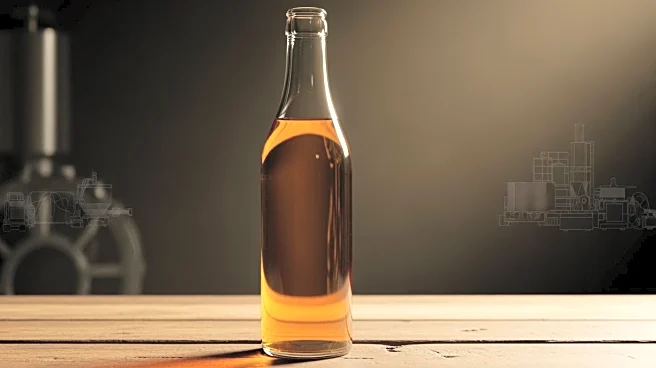What's Happening?
President Trump has called for Coca-Cola to revert to using cane sugar in its iconic beverage, a move that has encountered significant obstacles. Coca-Cola's Chief Financial Officer, John Murphy, stated
that the limited availability of cane sugar in the U.S. is hindering the increased production of the original recipe. The company had shifted from cane sugar to corn syrup in the 1980s due to rising global sugar prices and import quotas. While cane sugar is still used in Mexican Coke and kosher versions during Passover, the transition back in the U.S. is proving difficult. Despite President Trump's announcement that Coca-Cola agreed to use real cane sugar, the company has only committed to exploring new offerings within its product range.
Why It's Important?
The push for Coca-Cola to use cane sugar instead of corn syrup highlights ongoing debates about health and consumer preferences. Corn syrup, which is currently used, has been criticized by some, including Health and Human Services Secretary Robert F. Kennedy Jr., who labeled it as 'poison.' The potential shift could impact the beverage industry by setting a precedent for ingredient transparency and consumer demand for traditional recipes. However, the limited supply of cane sugar poses a challenge, potentially affecting production costs and pricing. This situation underscores the complexities of supply chain management and the influence of political figures on corporate decisions.
What's Next?
Coca-Cola plans to introduce a product made with U.S. cane sugar as part of its innovation agenda this fall. The company is expected to provide more details on this offering soon. The outcome of this initiative could influence other beverage companies to reconsider their ingredient choices. Stakeholders, including health advocates and consumers, will likely monitor the situation closely to assess the impact on health perceptions and market dynamics. The response from the public and industry competitors could shape future product development strategies.












